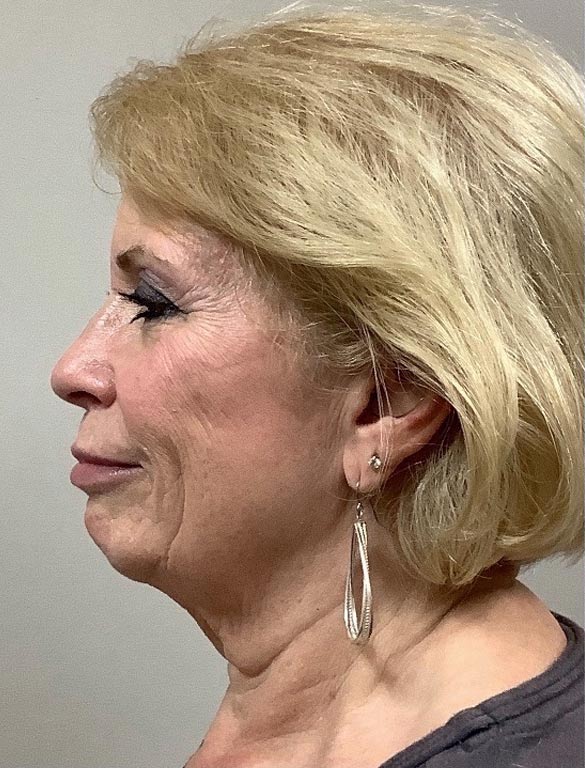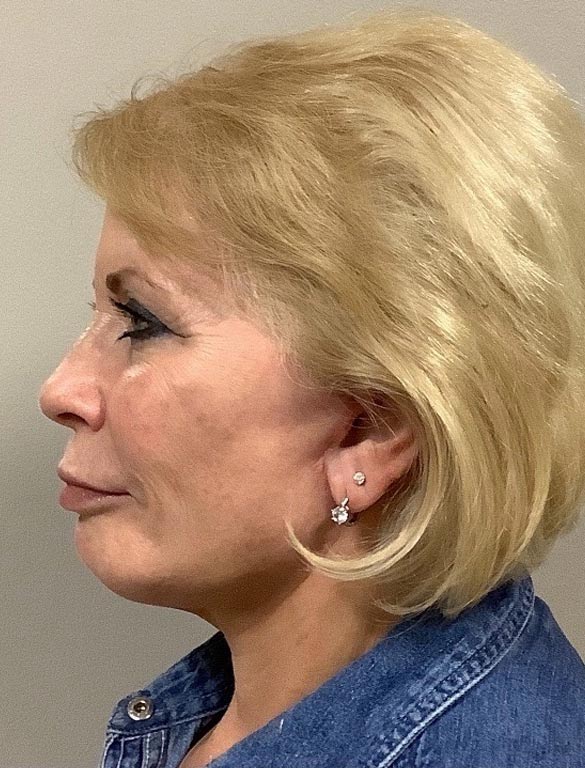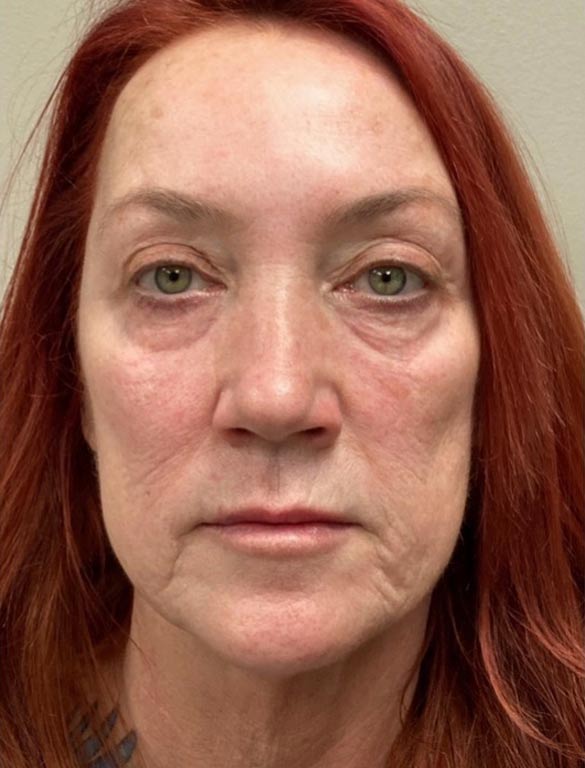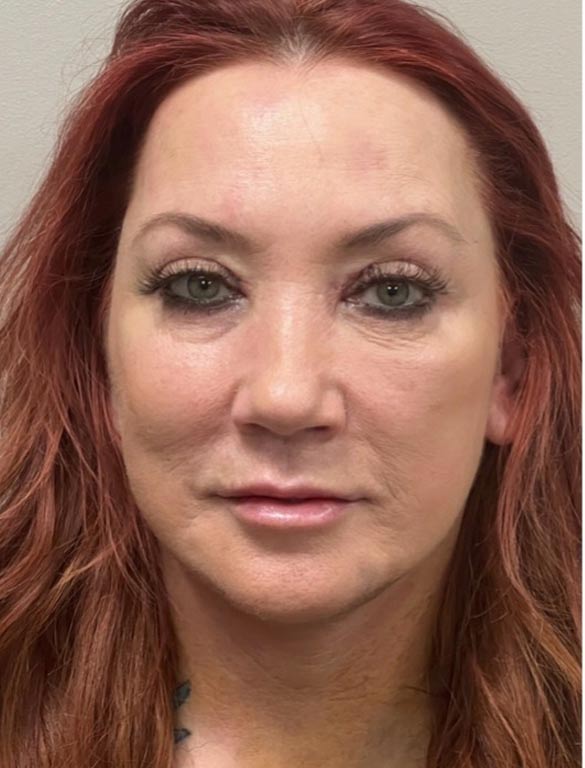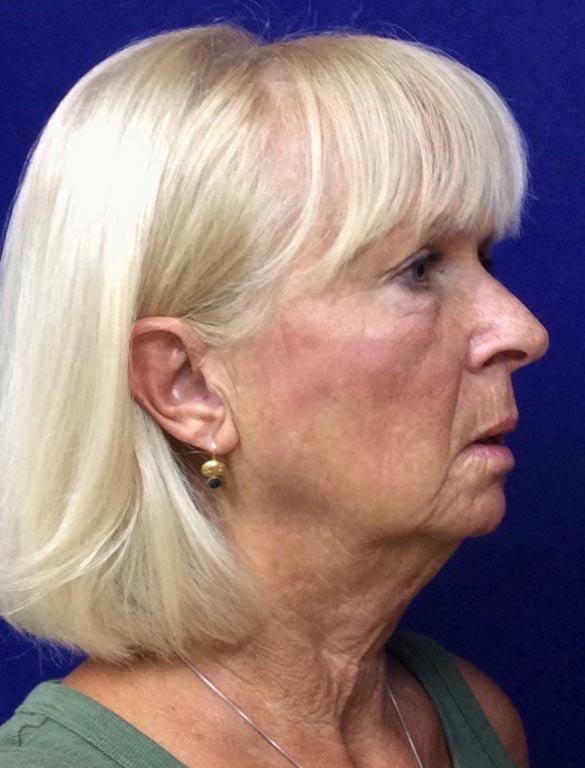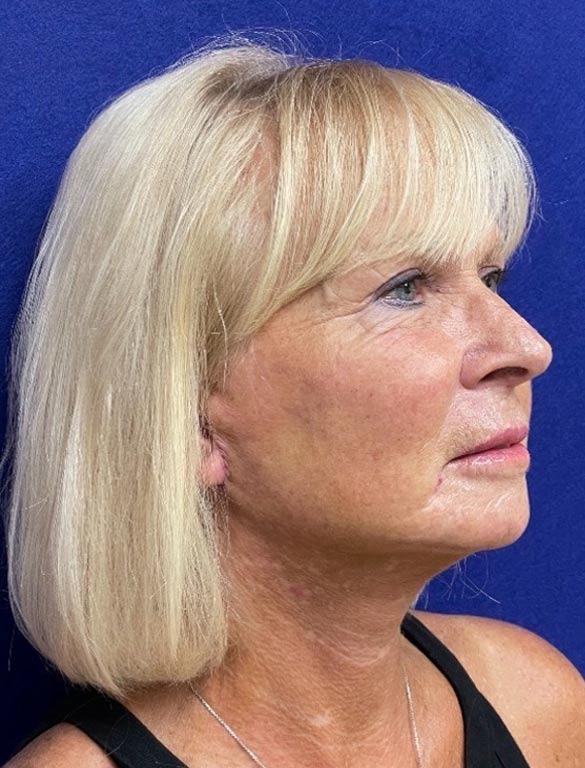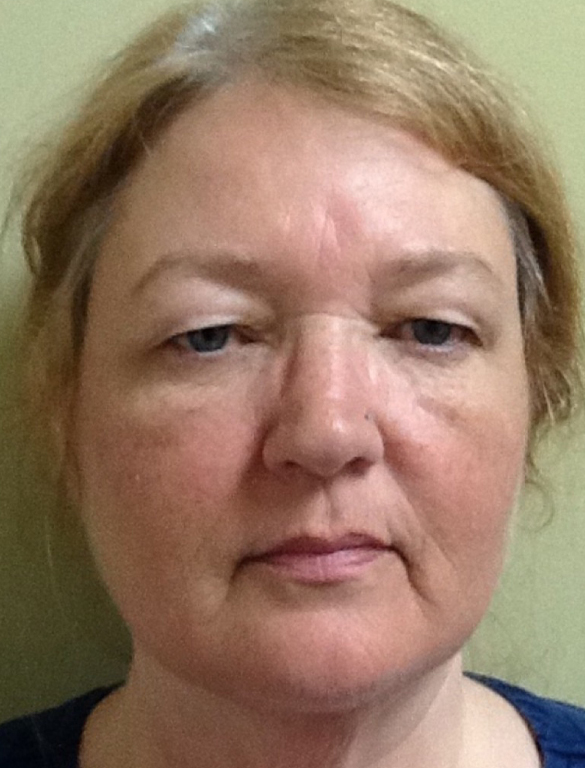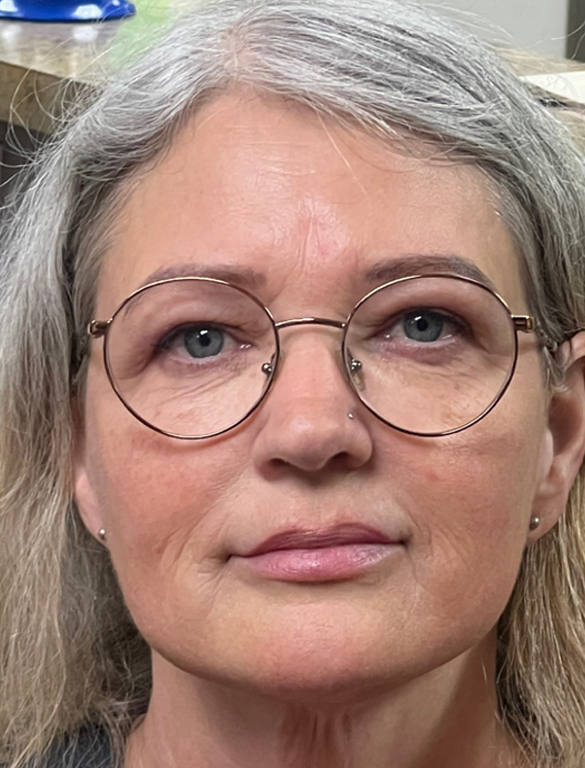For so many people across the planet, maintaining their healthy, smooth, and youthful-looking skin feels like a lofty goal. While age can take its toll on how vibrant skin appears, there’s a lot to be said about developing spider and varicose veins as well. While both spider and varicose veins are rather common, that doesn’t make them any less frustrating to those suffering from the condition. These types of veins are associated with noticeable discoloration at the surface of the skin, webbing patterns, and in worst-case scenarios of varicose veins, bulging veins and painful associated symptoms. While many individuals turn to cosmetic treatment options for spider and varicose veins in the name of aesthetics, it’s important to note that the development of these veins is often linked to underlying issues and treatment may be an important part of a patient’s overall health improvement too.
Understanding the Root Causes Behind Spider and Varicose Veins
In order to function at its very best, your body requires a fresh and continuous flow of oxygen-rich blood to be moved between the heart and the rest of the body. To accomplish this, a network of veins and arteries are responsible for moving blood to and from the heart. Veins are in charge of making sure low oxygen blood is moved back towards the heart, but this means working against gravity to get blood from the limbs back to the center of the chest for oxygen renewal. To ensure this happens effectively, veins are outfitted with a series of internal valves that push blood up towards the heart. While this system generally works well, it only takes one faulty valve to cause big issues in veins. A malfunctioning valve quickly allows oxygen-depleted blood to flow back in the wrong direction and begin to pool in the limbs with nowhere else to go. Over time, the build-up of pressure leads to the development of painful varicose veins which often show up as twisted, discolored ropes beneath the surface of the skin.
Spider veins are often far less painful than varicose veins but still speak to potential underlying venous issues. Spider veins generally develop as blue, red, or purple vein webbing across the body and may occur as blood is looking for routes away from varicose vein blockages. Some experts also link spider vein development to hormonal fluctuations or even excessive UV ray exposure.
Treatment Options
While once upon a time treatment options for varicose and spider veins were limited, those suffering from the condition today enjoy plenty of options from which to choose! There’s no reason to simply live with these veins when opportunities to improve your skin’s appearance and enhance the health of your circulatory system exist.
Sclerotherapy is an increasingly popular choice amongst patients looking to treat their spider and varicose veins alike. This efficient treatment option has proven wonderfully effective on larger varicose veins as well as moderately severe spider veins. Those who elect to undergo sclerotherapy start their treatment with an injection of local anesthetic at the targeted treatment site to ensure a comfortable experience. Typically, treatment takes anywhere from 30 to 40 minutes as a sclerosant is injected through a small incision point directly into the vein in question.
The sclerosant solution is designed to aggravate a problematic vein to the point that it actually closes and collapses. A collapsed vein is eventually reabsorbed by the body naturally at which time blood flow can circulate more effectively and the visible evidence of varicose and spider veins fades. While traditional sclerotherapy is a good choice, those looking to undergo the process in an even more precise manner without the risk of the chemical affecting surrounding tissue may choose to go with foam sclerotherapy. This treatment works the same with the exception of a foam injection that more exclusively sticks to the vein’s interior wall. Another version of sclerotherapy that provides for even more precise vein location and sealing includes ultrasound guided sclerotherapy. This technique can be used to identify underlying veins that are problematic, but not necessarily visible to the naked eye.
Endovenous Laser Ablation is yet another treatment option available to those suffering from varicose and spider veins. This technique is very similar to sclerotherapy but the sclerosant is replaced with laser energy that works to heat, close, and collapse veins that are causing underlying issues for a patient.
Book Your Appointment Today
Vein health is directly linked to your overall health so whether you’re interested in vein treatment for cosmetic purposes or are hoping to stay ahead of underlying issues, the team at The Skin and Vein Center in Michigan is here to help. Reach out today to learn more about our many service options or to book your consultation. A closer look at each patient’s medical profile and varicose or spider vein development is a great starting point when it comes to putting a customized treatment plan into place.

